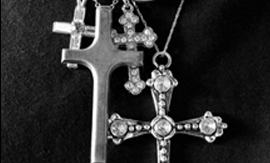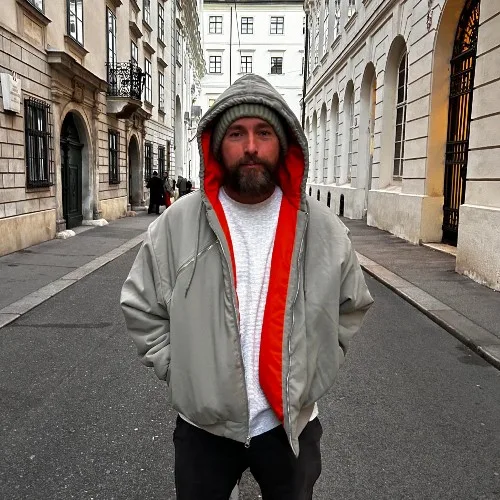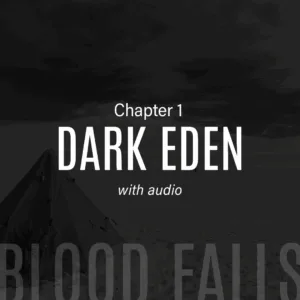On the tenth of this month they are each one to take a lamb for themselves…
You shall keep it until the fourteenth day of the same month, then the whole
assembly of the congregation of Israel is to kill it at twilight.
– Exodus 12:3, 6
His name was Ferdinand, but my brother and I called him “Fergie.”
That was our first mistake. The next mistake was to treat the Black Angus calf like a pet dog. We petted him, fed him out of our hands, played with him, and even rode him as he grew.
Our folks kept telling us that he wasn’t a pet. “We’re raising him for slaughter,” Mom reminded us. “Don’t get too attached to him.”
We had been given fair warning. But he was just so cute and fun we couldn’t help ourselves. When Fergie was grown and fat, our parents kept their word and had him slaughtered. It was pretty traumatic for us to have our “pet” wrapped and stored in the freezer. I remember grieving and wondering why something so beautiful and sweet and innocent had to die.
Israelite children went through a similar trauma every year. The slaughter of animals for their food and hides was commonplace, and they would have known about the sacrifice of animals associated with the Jewish worship. Once a year, though, during the feast of Passover, the sacrifice became very personal.
When God instituted the feast of Passover and freed Israel from the slavery of Egypt, He gave them specific instructions.
The command was for each household to take an unblemished male lamb and let it live with them for four days. Jewish tradition tells us that the Passover lamb not only lived with them, it was named, petted, played with, and adored for those four days. The family was charmed by its innocence, taken in by its cuteness. They ran their hands through its soft, white wool and chuckled at its antics.
Then it had to die.
It seemed so sad, so wrong. Why did the lamb have to pay for the sins of the family? The little animal was blameless. It had done nothing to deserve death. The Israelites must have had heavy hearts when they shed the blood of the innocent one in a solemn ritual they performed each year.
God didn’t do this to be cruel. He wanted them to feel the sacrifice, to understand the grave price for sin. Generations before the coming of The Lamb of God, the gospel was preached in every blood-soaked little body that lay upon the altar to pay for the sins of humanity.
Jesus’ coming fulfilled and ended the need for atonement, thankfully. This week we remember once again the awfulness of our transgressions and the precious life that was sacrificed to remove the dark blot on our souls. It was unfair that He had to suffer for us, but it was a sacrifice He willingly gave to cleanse and redeem us. Such a high cost. Such a beautiful Lamb. How much He must love us!

























Leave a Reply